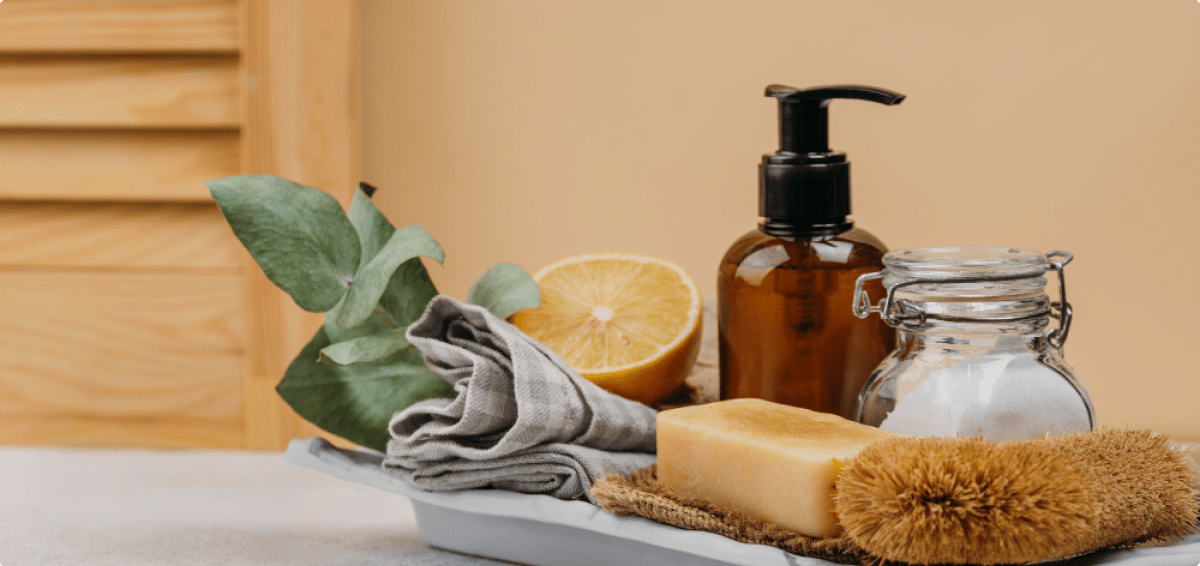

Intimate hygiene is an essential yet often overlooked aspect of a woman’s overall health. Proper care and cleanliness of intimate areas are key to preventing infections, maintaining reproductive health, and promoting confidence. Despite its importance, many women are either unaware of the correct practices or unsure about the products they should use. This comprehensive guide explores why intimate hygiene is crucial and offers actionable tips to maintain it.
1. Prevents Infections
One of the primary reasons intimate hygiene is important is to prevent infections. The vaginal area is highly sensitive and prone to bacterial and fungal infections due to its moist environment. Common infections such as bacterial vaginosis, yeast infections, and urinary tract infections (UTIs) can occur if proper hygiene is not maintained.
How Infections Occur
Infections often result from an imbalance in the natural vaginal flora. This can happen due to several factors, including poor hygiene, the use of harsh soaps, and wearing tight, non-breathable underwear. When harmful bacteria outnumber the beneficial ones, it leads to infections that can cause discomfort, itching, and unpleasant odors.
Preventive Measures
2. Maintains pH Balance
The vaginal area has a natural pH level of around 3.8 to 4.5, which helps maintain a healthy balance of good bacteria. Disrupting this pH level can lead to an overgrowth of harmful bacteria, resulting in infections and irritation.
Factors That Disrupt pH Balance
Tips to Maintain pH Balance
3. Reduces Odor
Unpleasant odor is often a result of bacterial buildup or improper hygiene. Maintaining proper intimate hygiene can help reduce or eliminate unwanted odors, making women feel fresher and more confident.
How to Manage Odor
4. Promotes Comfort and Confidence
Good intimate hygiene directly affects a woman’s comfort and self-confidence. When the intimate area is clean and fresh, it reduces the chances of irritation, itching, and discomfort, especially during physical activities.
Ways to Stay Comfortable
5. Prevents Skin Irritation
The skin around the vaginal area is delicate and can easily become irritated if not properly cared for. Using harsh products, wearing tight clothing, or neglecting hygiene can lead to rashes and redness.
Avoiding Irritation
6. Supports Reproductive Health
Maintaining intimate hygiene plays a vital role in supporting reproductive health. Poor hygiene can lead to infections that may affect the reproductive organs and lead to complications such as pelvic inflammatory disease (PID).
Protecting Reproductive Health
7. Helps Prevent Urinary Tract Infections (UTIs)
UTIs are a common problem among women, often caused by bacteria entering the urinary tract. Proper hygiene practices can significantly reduce the risk of developing a UTI.
Preventive Tips for UTIs
8. Enhances Sexual Health
Intimate hygiene is closely linked to sexual health. Maintaining cleanliness helps prevent infections and promotes a healthier sexual experience.
Best Practices for Sexual Health
9. Improves Menstrual Hygiene
Menstrual hygiene is a significant part of intimate care. Proper hygiene during menstruation helps prevent infections, odor, and irritation.
Menstrual Hygiene Tips
10. Promotes Long-Term Health
Good intimate hygiene practices contribute to long-term health by preventing recurring infections and ensuring overall well-being. Women who practice consistent hygiene are less likely to experience chronic issues related to reproductive and urinary health.
Building Long-Term Habits
Common Mistakes to Avoid in Intimate Hygiene
Best Products for Intimate Hygiene
Conclusion
Intimate hygiene is a crucial aspect of women’s overall health. By adopting proper hygiene practices, using suitable products, and staying informed, women can prevent infections, maintain comfort, and support long-term well-being. Making intimate hygiene a priority not only ensures physical health but also boosts confidence and quality of life. Remember, small daily habits can make a significant difference in maintaining intimate wellness.
share this :